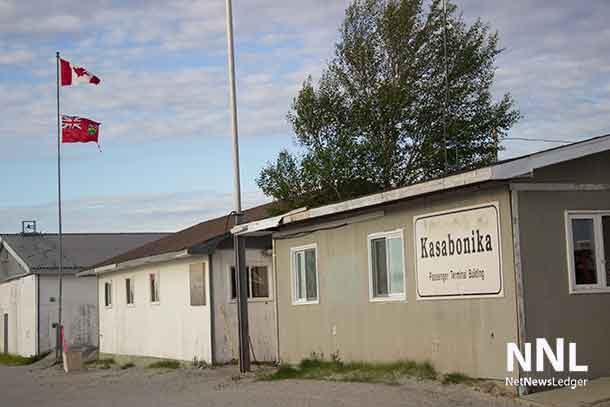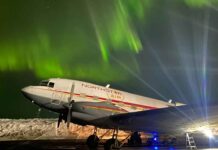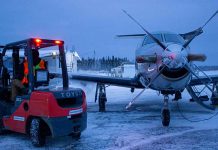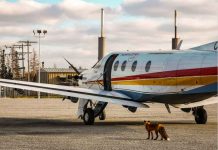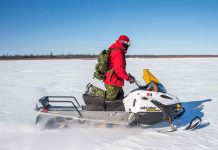KASABONIKA FN – A quick response from a small First Nation community led to the successful rescue of a family of five after their boat capsized in the Asheweig River as they were returning home from a hunting and fishing trip.
The capsize occurred 20 kilometers north of Kasabonka Lake, a remote Oji-Cree community 580 kilometers north of Thunder Bay.
A rescue team of seven Canadian Rangers, who are part-time army reservists, and about 15 community volunteers went to the aid of the family, a couple with three young children under the age of five.
The river was swollen and running fast after several days of heavy rain and it was dusk when the family’s boat hit a rock on a bend in the river, throwing all of its occupants into the water.
“That river’s very dangerous,” said Corporal Ralph Begg, a member of the Kasabonika Canadian Ranger patrol. “It was very serious, a life and death matter for everyone.”
One of the children floated away face down in the water for about 30 metres before being retrieved. The child was unconscious and the parents were unable to resuscitate it. They had a cell phone but could not get a signal to call for help. The father swam to a nearby island and climbed a tree where he got a weak cell phone signal and was able to alert a relative in Kasabonika.
There was an immediate response as Rangers and community volunteers set out by boat in the gathering darkness. The temperature was 7C.
“When we arrived they were wet and freezing and the baby was still not responding,” Corporal Begg said.
The rescuers used a fire and blankets to warm the survivors.
It took them two hours to transport the victims to Kasabonika because the trip involved a lengthy and time-consuming portage.
The young baby was responsive by the time the family arrived at the community health centre. But the child was sent to Thunder Bay by medivac plane for treatment. The rest of the family was able to go home.
“It was a good response,” Corporal Begg said. “The Ranger training helped us and we worked well with the local volunteers. Everyone joined in.”
“The Rangers and the volunteers did a great job of responding to what was indeed a life-threatening emergency,” said Major Charles Ohlke, a senior Canadian Army officer. “They responded quickly in difficult conditions. It really was a community response. They did well.”
(Sergeant Peter Moon is the public affairs ranger for the 3rd Canadian Ranger Patrol Group at Canadian Forces Base Borden.)
Update: The young boy was transferred to hospital in London Ontario for treatment.

